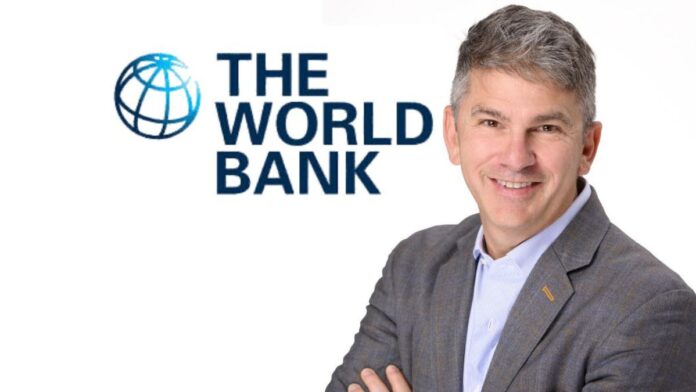The World Bank has lauded Sri Lanka for making “remarkable strides” in stabilising its economy, noting that the country undertook one of the largest fiscal adjustments in its history — nearly 8% of GDP over three years — and achieved it faster than most countries worldwide.
Releasing its latest diagnostic report, Sri Lanka Public Finance Review: Towards a Balanced Fiscal Adjustment, the World Bank highlighted that the scale and speed of Sri Lanka’s fiscal reforms outpaced more than 330 comparable adjustments in 123 countries since 1980.
The review acknowledged that while fiscal measures helped restore stability, they came at a cost — higher indirect taxes, reduced real public-sector wages, and slower growth due to lower public investment. It urged the government to now focus on more balanced measures to support growth and fairness.
Key recommendations include:
-
Boosting revenue fairly: shifting from indirect to direct taxes such as a minimum corporate income tax, and digitising tax systems to increase efficiency and transparency.
-
Spending smarter: improving wage management in the public sector, protecting frontline services, simplifying pay structures, and modernising payment systems.
-
Better investments: prioritising essential infrastructure, accelerating ongoing projects, and strengthening project management.
-
Enhanced social protection: targeting welfare more effectively, expanding the social registry, and moving away from universal subsidies toward focused assistance.
The review estimates that Sri Lanka could raise revenues by up to 2% of GDP by 2029 without undermining growth or equity, if reforms are well-targeted.
“Now that Sri Lanka has largely stabilised its economy, the challenge is to get better results from every rupee collected and spent,” said David Sislen, World Bank Division Director for Maldives, Nepal, and Sri Lanka. “That means modernising tax administration, focusing more on direct taxes, and ensuring public spending is efficient and fair, especially for the most vulnerable.”



